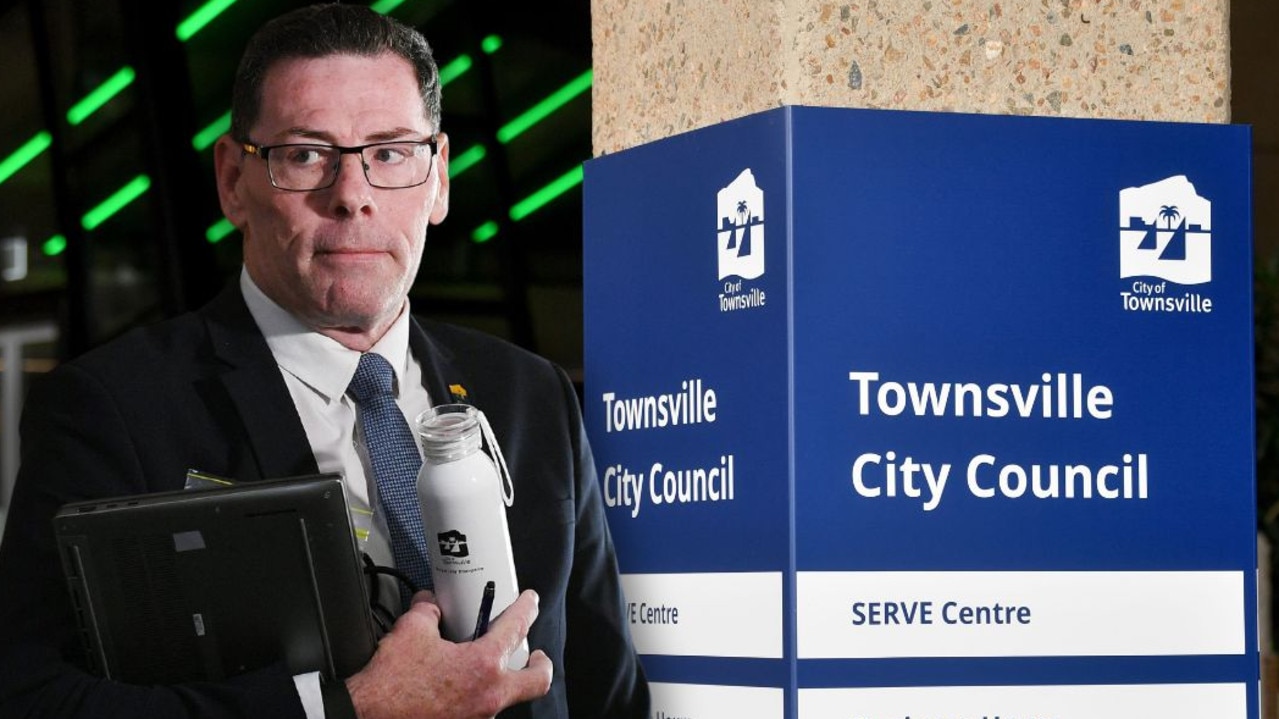‘Who the f--k am I about to piss off?”: Mackenzie Arnold reveals behind the scenes Matildas battle
Mackenzie Arnold has shared the behind the scenes story of the extreme highs and lows of being the Matildas’ top goalkeeper.
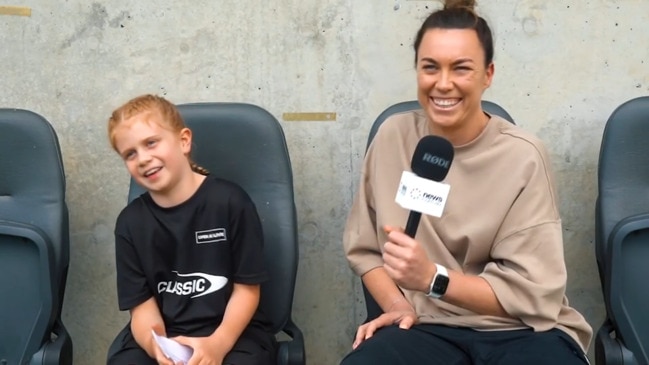
News
Don't miss out on the headlines from News. Followed categories will be added to My News.
When I was younger, I hardly knew the names of any past Matildas, let alone the significance of the sacrifices they made so my generation could have it a little easier. I understood things on a surface level.
I noticed, during my first camp at 18 years old, that somebody else set out my kit for me every day before training, then I would throw it in the wash afterwards and it would magically reappear sparkling clean before the following day’s practice. Previous players not only did their own washing but also sewed their own patches onto their shirts. I came to learn all of that and more later, when I was more mature and expressed an interest and some of the older heads in the team relayed their stories.
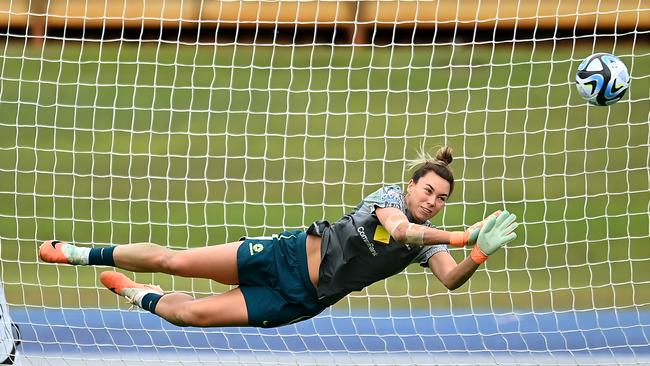
I carried this information with me when, hours before I was due to fly from Brisbane to Canberra and then to the US for a pretty high-profile friendly tour, the players’ union rang me to let me know I would actually be flying to Sydney instead.
During this period, a large chunk of the team was already in the States playing in the NWSL between W-League seasons, but Professional Footballers Australia (PFA) had booked flights to Sydney for all the players based in other Australian states. The directive was to march together on FFA’s (Football Federation Australia) offices, to request a resolution of our collective bargaining negotiations, but to still bring our suitcases with a view to flying abroad as planned if the pay negotiations were settled in time.
I was 21 years old at the time, with zero interest in how the world operated outside of my bubble and a rudimentary-at-best comprehension of FFA’s pay structure for the women’s national team. My main thought was, “Right, who the f--k am I about to piss off? Am I going to get dropped because of this?”
It was hard being in that position and not knowing what the consequences would be. I was a young, non-starting player who didn’t want to do anything wrong by either side, but also didn’t know what was right and wrong.
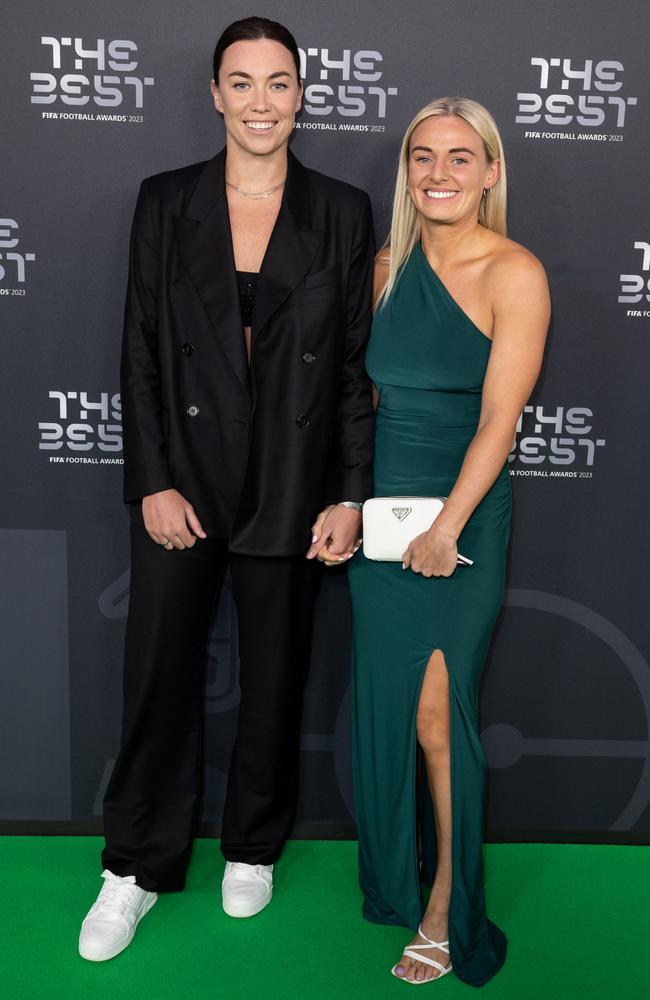
If I was the player I am now, I would have done what I did 100 times over.
Back then, I just did what I was told and took a backseat when it came to the important stuff. The basics in my mind were that we were trying to get more pay and FFA was being shit about it. I had no involvement in what went on in the background but it was clear I was meant to be interested.
So, on September 8 2015, off I went to Sydney with my suitcase and met up with the locally based girls in the CBD, near FFA headquarters.
I now, of course, know that the situation was as follows.
A basic annual Matildas contract, which most of us were on, was $21,000 a year. That was two-thirds of the minimum wage and about a 10th of what Socceroos players earned in a year if they played all fixtures.
Club contracts were considerably less than this and many players worked a second job on top of football just to make ends meet. The previous collective bargaining agreement (CBA) had been negotiated on the basis that the expected level of commitment was that of a semi-professional player, yet we had all been required to undertake a six-month World Cup preparation programme in the first half of 2016 without any adjustment to remuneration and conditions.
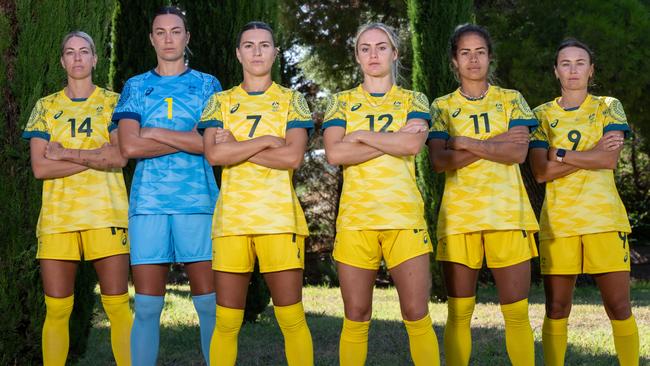
That meant players, if they wanted to even have a chance to be selected to represent their country at a World Cup, were forced to forgo employment and family commitments with no additional compensation from FFA.
That CBA expired while we were in Canada. We had just gone deeper into a World Cup than any Matildas or Socceroos side had before and had finally broken into the Australian mainstream consciousness.
Players were appearing on prime-time TV and being recognised for what we had achieved and yet each player received a grand total of $750 for playing in that quarter-final. Soon after we returned home, months-long negotiations to finalise a new CBA broke down. A couple of months after that, the matter had blown up into a full-scale industrial dispute. The players’ association had tabled an offer around a two-tiered system, which would see 14 Tier 1 players earn around $40,000 a year and six Tier 2 players earn around $33,000 a year. FFA rejected the proposals as unaffordable and instead offered an increase of about 10 per cent a year over a four-year term.
In cold-hard cash, that looked like an initial rise from $21,000 to $23,000.
We were about to board a plane overseas with no CBA in place and having been paid nothing for two months.
“At this stage, we didn’t have any contracts in place and we didn’t know what the next steps were,” Lyds (Lydia Williams) wrote for the PFA’s website in 2021.
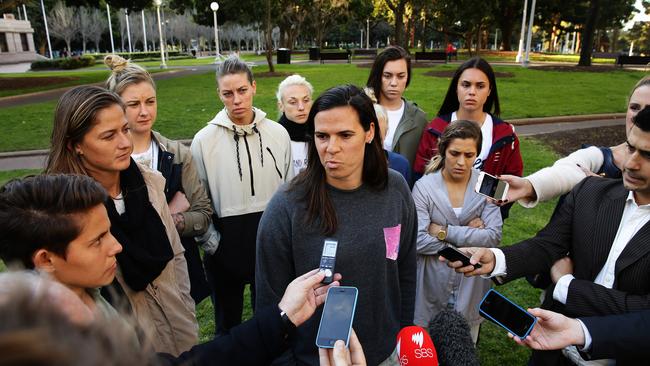
“They were asking us to go on this trip and then come back and negotiate some more contract options. For us, the most important thing wasn’t the money, it was everything else that comes with it. What happens if someone gets hurt? What does insurance look like? How are we going to travel there? Who will we travel with? If something happens – worst-case scenario – are we covered?”
Lyds spoke to the media that day in Hyde Park, to announce that we had decided to strike.
She was the right person to do it, being our only member of the PFA committee in Australia at the time and she had also been to some of the CBA negotiations. The slightly humorous element was that we were all made to stand just a fraction behind her and maintain very serious facial expressions.
The reality for me and a couple of other younger players, such as Larissa Crummer, was that it all just felt so weird. There we were, walking through Hyde Park in our civvies, with our suitcases, wondering if we were going to go into camp or go home.
And on top of that, I had my f--king hair out, which goes to show how much I’ve changed. The other thing was that the coaches hadn’t been told, so Staj and Jonesy and all the other staff were waiting for us at the AIS.
I think all of our phones rang at some stage, presumably after FFA had broken the news to them, but nobody else was answering so I toed the line on that, too.
The tour had sold 60,000 tickets for the two friendlies and we didn’t show up. But we had the support of the American girls and even Hope Solo tweeted her support, which was a proud goalkeepers’ union moment.
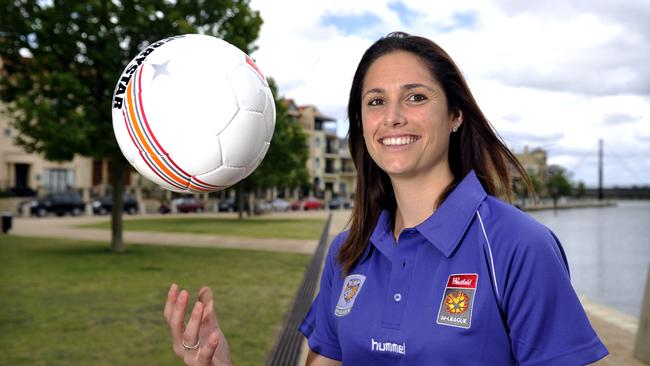
“The players made a decision that some sort of action needed to occur to get FFA’s attention and let them know we were serious and the players’ expectation was much higher,” Kate Gill, who was in that squad and is now a PFA co-chief executive, said in 2023.
“It was a watershed moment for the players and the players to come, and women’s sport in general. Off the back of that, the A-League Women’s competition started to take flight and we were able to bargain that, AFLW started and cricket has always been a leader in how they treated their female players. The domestic sports in Australia really took off. I felt like the Matildas’ moment created that opportunity.”
We were the first – and only – national sporting team to go on strike in the modern era. And it worked – our maximum salary jumped to $41,000.

Four years later, in 2019, a new CBA ensured Australia became the first country in which its female national team players earn the same pay as the men and share the revenue from ticket sales and broadcast deals. In the long run, these advancements probably benefited FFA, in that they would have helped the new Football Australia administration win hosting rights for the 2023 World Cup.
In that tournament, a squad of players received $138,000 in prizemoney for making the quarter-finals (184 times what we got for making the same stage in 2015) and $253,000 for making the semis.
On the eve of the tournament, the PFA released a video recorded by all 23 of us in the World Cup squad. In it, we stood up for rival nations who are still denied the basic right of collective bargaining for their wages and working conditions, and had a crack at FIFA for still only offering women one-quarter as much prize money as men for the same achievements.

More Coverage
Originally published as ‘Who the f--k am I about to piss off?”: Mackenzie Arnold reveals behind the scenes Matildas battle




